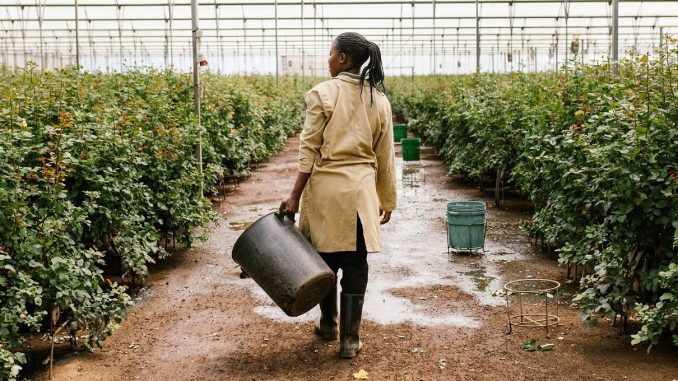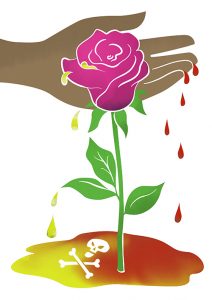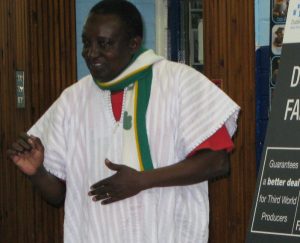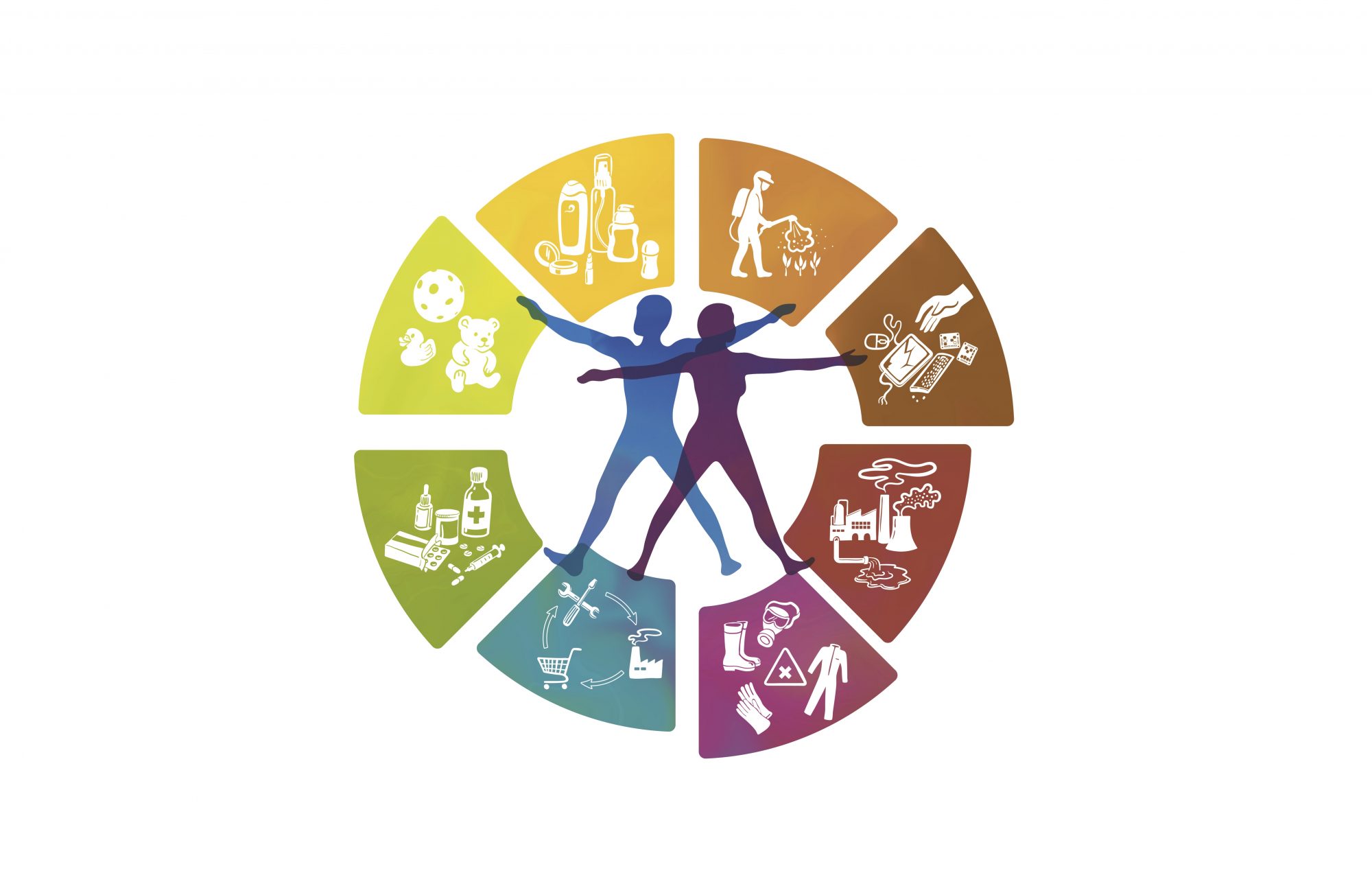#Expert – Blog Series: How to create a gender-just healthy planet
by Dr. Yahya Msangi
Introduction
The fight for chemical safety in Africa is complicated by many factors. First is the fact that many chemicals do not cause instant visible harm, damage or death. Chemicals are silent operators. In a continent where there are a number of other causes of instant harm, damage and death such as mosquitoes, wild animals and pathogens effects of chemicals are not prioritized. Other factors that complicate the fight for chemical safety are culture, poverty, high rates of illiteracy, aggressive marketing by the industry, lack of expertise, poor policies and enforcement of legislations.
There is no group that is more affected than women and children, in particular working women, and the flower sector shows the typical problems.

The Flower Sector, Women and Chemicals in Africa
Kenya was the first country in Africa to develop the flower sector and it was followed by Tanzania, Uganda, Zambia and Ethiopia. Flower production shifted from Northern developed countries to Southern developing countries due to lower health and environmental standards in the South, availability of sunshine, free land and water. Labor costs are also much lower. But production of flowers requires intensive use of chemicals and plastic sheets. This increases the risk of exposure to hazardous chemicals to women. Why women? Because the flower industry is feminine! In general, flower production employs 80 % women, particularly girls of ages between 16-28 years. Why? There is a silent belief that flowers require tenderness in their production, and women are linked to tenderness. However, behind this there are hidden reasons!
In Africa, women are less educated and are therefore paid less than their male counterparts. In Africa, women are brought up to become obedient and less argumentative especially in front of men (though the workforce is feminine almost 90% of supervisors in flower farms are men!). When you are paid less and expected not to speak out the possibility of exposure to chemicals increases. For example, low salaries force women in the flower sector to work longer hours in order to earn overtime pay. Women also don’t ask for personal protective clothing (PPE) as doing so will be regarded as being argumentative, which is against culture and tradition.

Women in the flower sector are more exposed during high demand seasons in the developed countries i.e. during Valentine, Mother’s Day, Christmas and Easter. Ironically it is fellow women in developed countries who are the main consumers of flowers during these periods! The more the demand in the North, the higher the rate of exposure in the South. Cases of instantaneous abortions, nausea, loss of consciousness, etc. are not very uncommon during these periods, particularly in the green houses and grading rooms.
In order to address the situation a group of NGOs and Trade Unions established the International Cut Flower Code of Conduct (ICC). This code mainstreamed gender and chemical safety issues and was used by many programs including the Fair Flowers Fair Plants Program (FFP – Netherlands, see also their benchmark document for label certification), the Flower Labelling Program (FLP – Germany; not active at the moment), Max Havelaar – Switzerland), The Kenya Flower Council and the Ethiopian Code for the cut flower industry.
Mainstreaming gender and chemical safety in codes of practice for each industry or occupation is the best way of protecting women, girls and children. In my view, all international programs including SAICM, Paris Climate Agreement, Agenda 2030 and others should design appropriate codes of practice or provide guidance to stakeholders rather than just mentioning gender issues in their texts. To me, just mentioning or acknowledging the gender dimension is not enough; it is artificial mainstreaming. Real mainstreaming requires more than text!
——-

Dr. Yahya Msangi is the International Tech Adviser for Sustdev, Climate Change and Chemical Safety at the Youth NGO “Welfare Togo”. His profession is Environmental Resource Management and Occupational Safety and Health with work experiences in Agriculture Land use Planning, Farm Management, Workers Unions and the Global Pesticides Project.
More information about Welfare Togo and their work you can find on their website: https://twelfare.wordpress.com/, or you can contact them via E-mail: togowelfare(at)gmail.com
